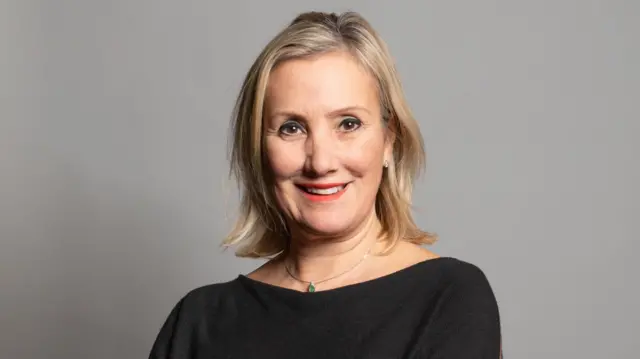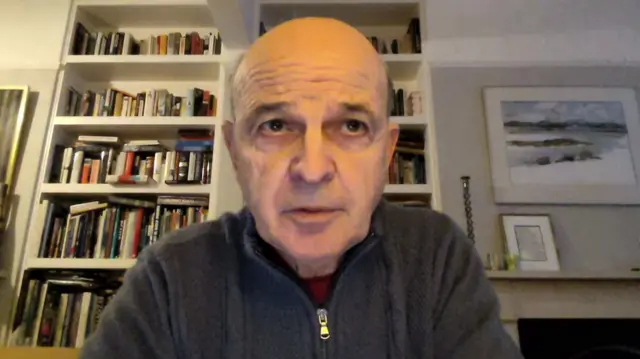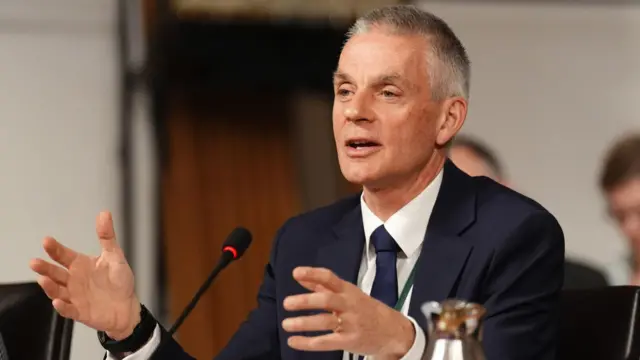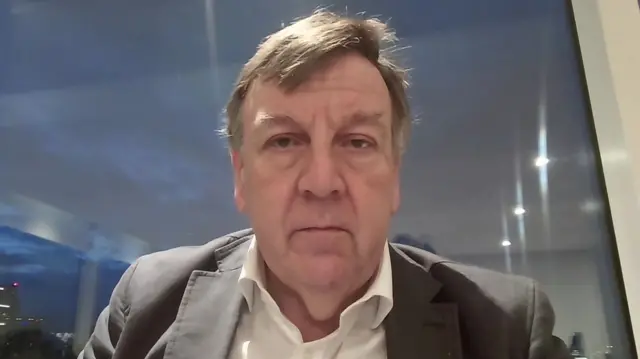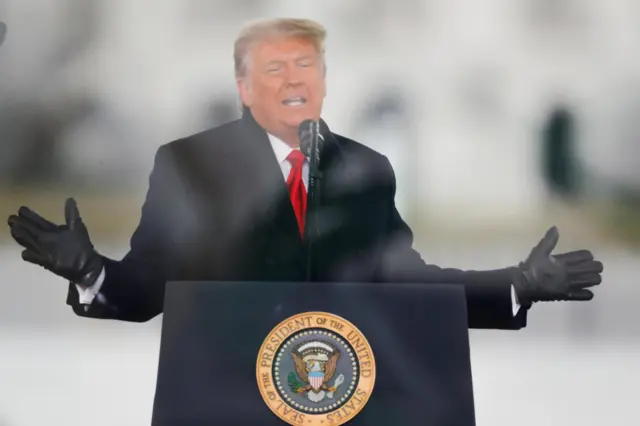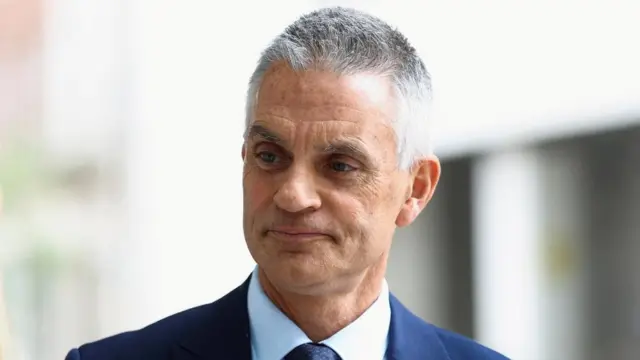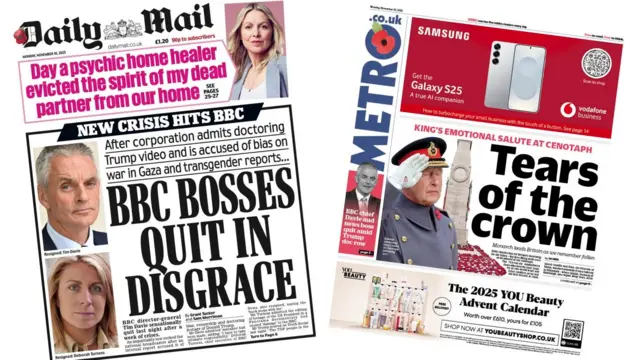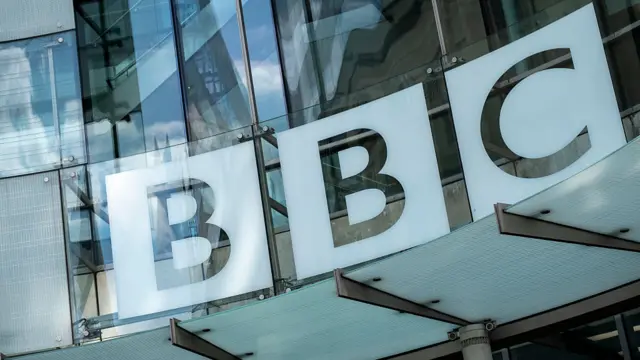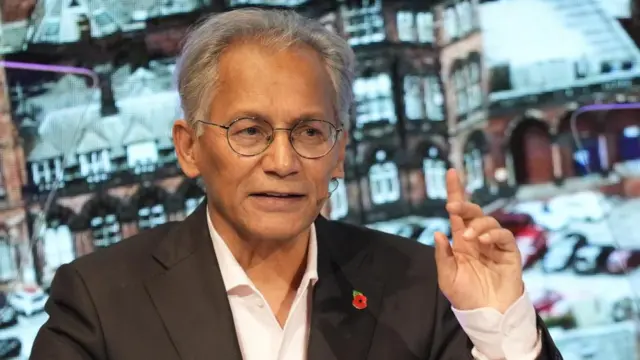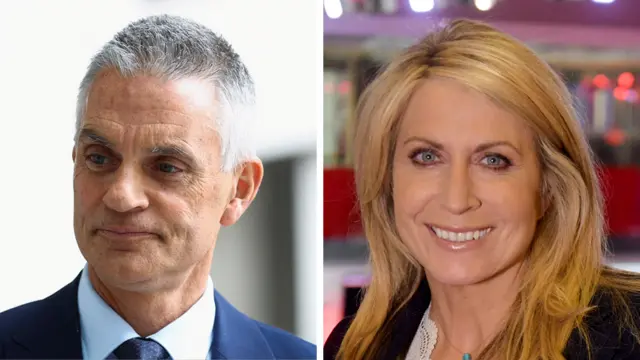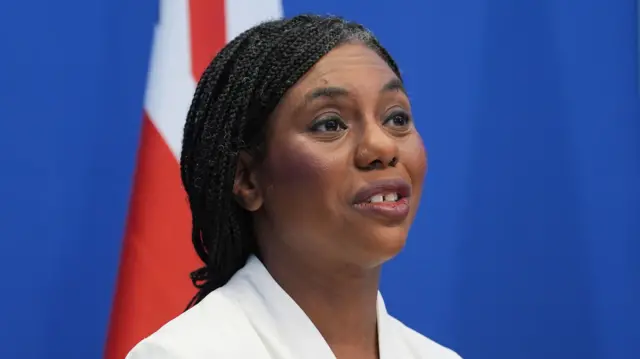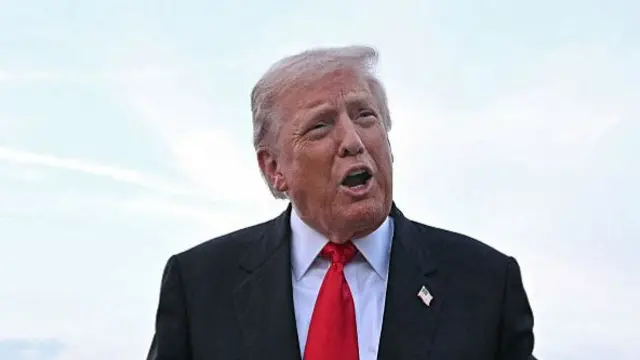Davie stood down because of failure, not because of 'coup' - Dinenagepublished at 08:46 GMT 10 November
Asked if there has been a "coup" by the BBC board against Tim Davie and Deborah Turness - an argument made by ex-Sun editor David Yelland earlier - Dinenage says the BBC is trying to "obfuscate what the issue is".
Davie did not stand down because the board asked him to, she says. He stood down because of an "editorial failure".
The BBC has "badly" responded to editorial crises across the summer, she adds, pointing to its Glastonbury coverage, Gaza documentary and Greg Wallace on Master Chef.
"The BBC just seem to have dropped the ball at every opportunity," she says. "And that's not a board-level problem, that's an institutional problem."
